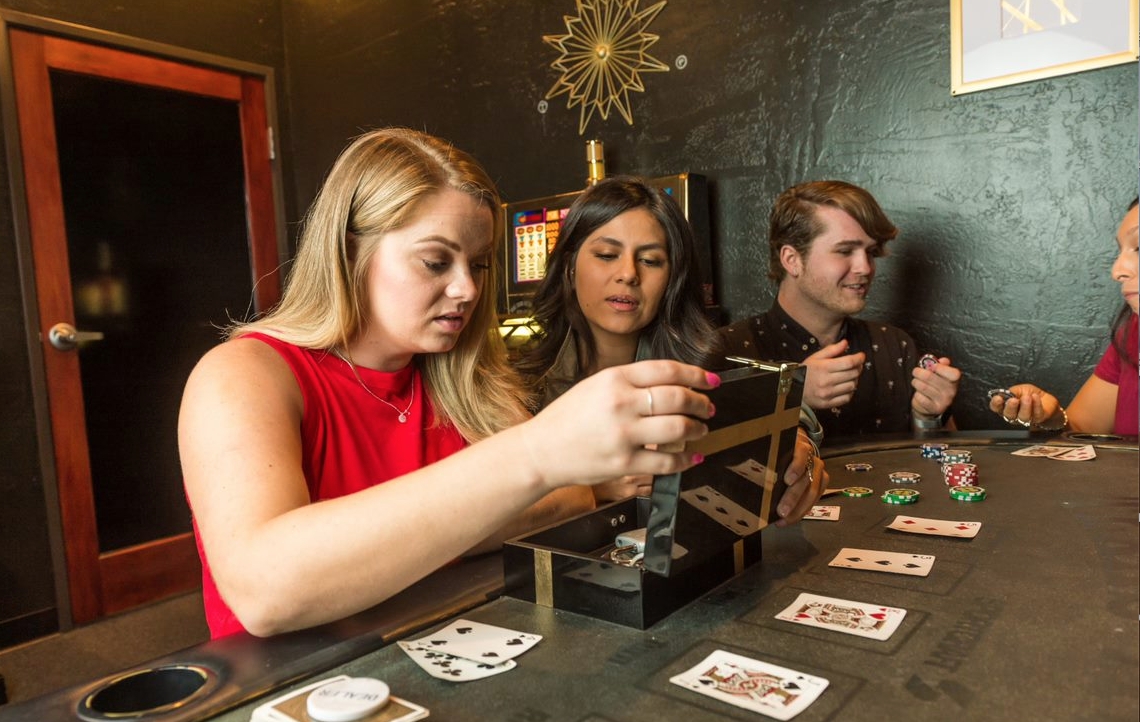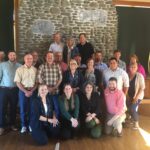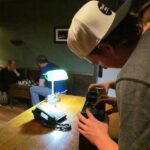How Bend’s Puzzle Effect creates a new kind of escape room experience for businesses.
For anyone who’s braved an escape room, you’ll know how fun and frustrating the game can be.
The live-action puzzle challenge puts visitors into a specially designed room with the task of escaping before an hour passes.
Usually the rooms have a theme, such a pharaoh’s tomb, a haunted house or turn-of-the-century detective office. Teams solve puzzles, math problems, riddles and more, in hopes of defeating the clock.
Escape rooms have had something of a renaissance over the past decade. From their origins in Kyoto, Japan, escape rooms have exploded across Europe, Asia and the U.S.
As we spend more time online, employees are more isolated, worried and distracted. Escape rooms are part of a resurgence in physical games that emphasize team building.
In 2014 only 23 escape rooms existed in the U.S. Today there are more than 2,400.
With so many rooms in need of escaping, providers face more and more reason to distinguish themselves from one another.
Puzzle Effect, formerly known as the Bend Escape Room, underwent a recent rebranding along with seven other locations owned by the same company.
“We opened as Bend Escape Room, but we really wanted to unify our company around one name,” says marketing manager Melissa Hirsch.
Like many other escape rooms, Puzzle Effect offers a specialized team-building package for businesses. It takes team problem solving to the next level by offering team members a unique assessment of their problem-solving style.
Psychologist William Moulton Marston originally created the evaluation, called DISC, which stands for decisiveness, instructiveness, stability and cautiousness. The assessment tool has been tweaked by Puzzle Effect to focus on adaptably and group-thinking behavior.
While there’s no live DISC scoring at the Bend location (yet) visitors will be able to assess their problem-solving style via the company’s app to get insights into how they adapt to work as part of a team.
Not only will visitors get to escape a sinking pirate ship or rescue a mystical creature from enchanted bookstore, they’ll also figure out how they approach problem solving given their own group dynamics. Puzzle Effect offers guests a 22-page report on their problem-solving style.
“It’s a great way to discuss what kind of obstacles your team may be having, or explain how and when you are most successful,” says Hirsch. Assessment reports are tailored specifically to the individual. “Even if two people score similarly, they might have very different reports.”
To subscribe to Oregon Business, click here.







